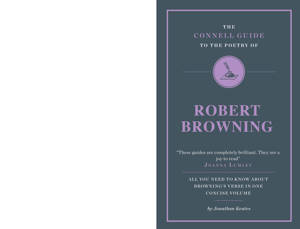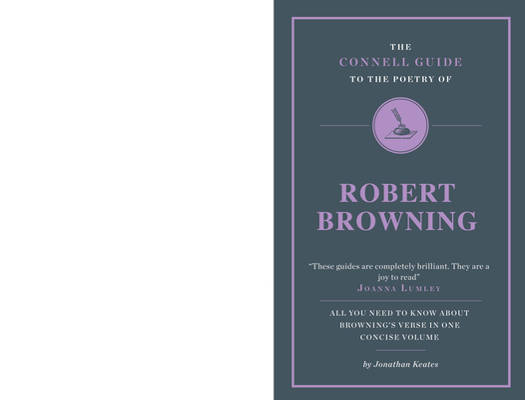
- Afhalen na 1 uur in een winkel met voorraad
- Gratis thuislevering in België vanaf € 30
- Ruim aanbod met 7 miljoen producten
- Afhalen na 1 uur in een winkel met voorraad
- Gratis thuislevering in België vanaf € 30
- Ruim aanbod met 7 miljoen producten
Zoeken
€ 12,95
+ 25 punten
Omschrijving
Many of Robert Browning's poems are concerned with different aspects of human identity. In the great dramatic monologues, such as Fra Lippo Lippi, Andrea del Sarto and My Last Duchess, the question of exactly who is speaking obviously concerns us, but to what extent do the speaker's language and attitudes mirror those of the poet himself ? In the various poems on the theme of love and sexual relationships which Browning included in his published collections, we inevitably want to know which of these spring directly from his personal experience. Browning, however, never felt a duty to reveal himself to the reader within his poetry. Though he admired several of the Romantic writers among the poetic generation immediately preceding his own, especially Shelley and Wordsworth, he was unwilling to follow their example by relating his discourse to the concept of a dominant ego, an "I" whose personal drama of feeling and experience formed the substance of a sustained narrative. Several of his works deliberately criticise the tendency, made fashionable by the Romantics, to see a poem as offering clues to its writer's identity and, by association, his private life. In 1874 Browning a poem, House, arguing that the reader has no right to share an author's privacy: "For a ticket, apply to the Publisher." No: thanking the public, I must decline. A peep through my window, if folk prefer; But, please you, no foot over threshold of mine!" In this guide, Jonathan Keates looks at the roots of Browning's poetry, at at why he is so influential and at how, despite his determination to keep his private and poetic identities separate, some of his work is so shocking.
Specificaties
Betrokkenen
- Auteur(s):
- Uitgeverij:
Inhoud
- Aantal bladzijden:
- 128
- Taal:
- Engels
- Reeks:
Eigenschappen
- Productcode (EAN):
- 9781907776113
- Verschijningsdatum:
- 16/10/2018
- Uitvoering:
- Paperback
- Formaat:
- Trade paperback (VS)
- Afmetingen:
- 109 mm x 175 mm
- Gewicht:
- 149 g

Alleen bij Standaard Boekhandel
+ 25 punten op je klantenkaart van Standaard Boekhandel
Beoordelingen
We publiceren alleen reviews die voldoen aan de voorwaarden voor reviews. Bekijk onze voorwaarden voor reviews.











